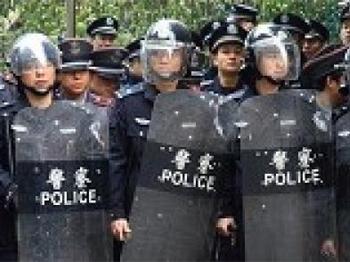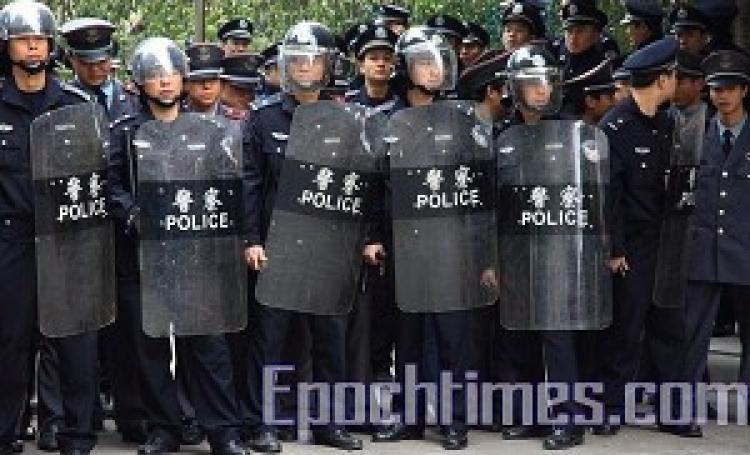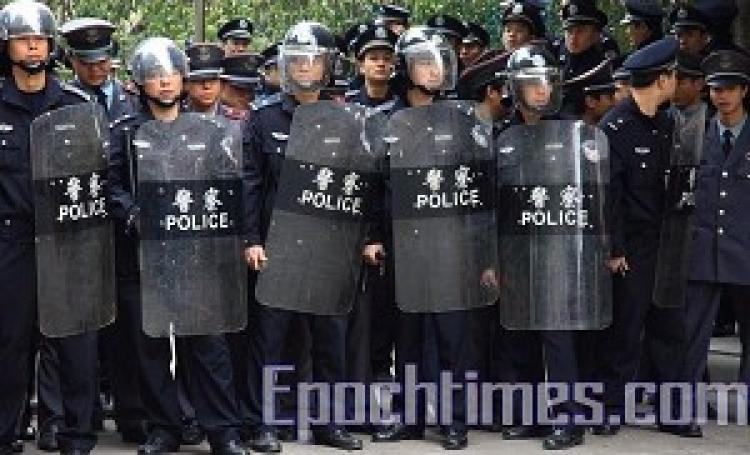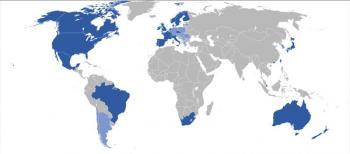China Increases Security to Prevent Mass Unrest
The Chinese government canceled all breaks and holidays normally taken by armed police and public security officers in such large cities as Beijing, Shanghai, and Guangzhou.

Police presence is being increased to prevent large-scale civic unrest. Royal Ascot Garden property owner
|Updated:



